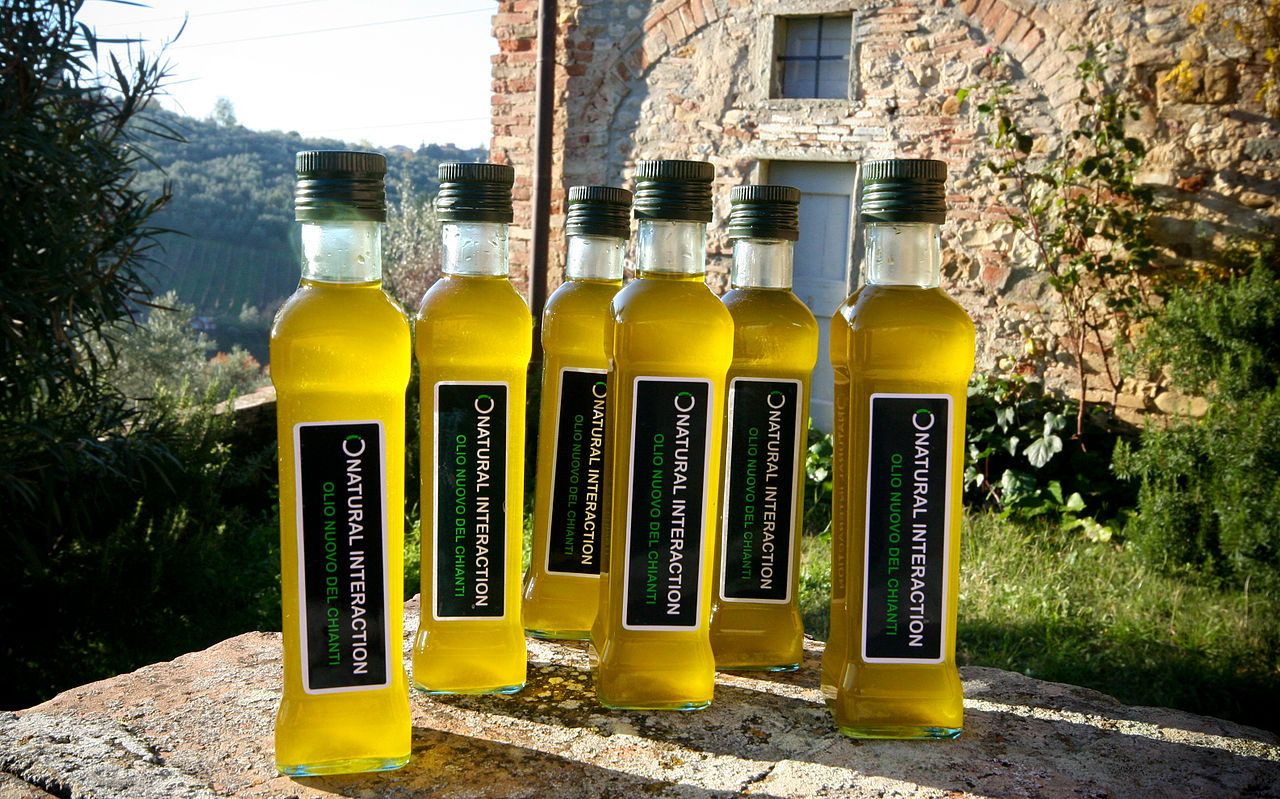
Olive oil is incredibly healthy for humans. But what about our feline friends—can cats eat olive oil? Is this as good for them as it is for us or should you avoid giving it to them?
Let’s find out.
Can Cats Eat Olive Oil?
So, what’s the verdict? Well, oils in general are not great for cats. Their diet should consist mostly of protein, as we discussed on our main What Can Cats Eat page. It’s all lean meats like chicken and fish like salmon, with very little fat, let alone the pure fat you get from oils like this.
Let’s be honest, many people searching for “can cats eat olive oil?” are doing so because their sneaky feline has crept into the kitchen and licked the frying pan clean or has gobbled the remnants of oil from a plate.
In those cases, then they will likely be licking their lips for sometime and they may experience discomfort, including diarrhea. However, you only need to worry if they have consumed a lot of it. “A lot” of olive oil isn’t actually a great deal for a cat, but at the same time, cats tend not to enjoy the taste or the feel so they may only take one lick and then stop.
A cat’s liver can not process a lot of plant based oils, including olive oil. So, if they have had more than a lick or two, or if they consume it on a regular basis, it could be toxic. The jury seems to be out on this, but we do know that plant oils should not be a major part of their diet anyway, so it should not be incorporated willingly. So to sum up, avoid giving it to them directly, but don’t worry too much if they have only had a drop.
Speaking of which, there are even some cat owners who recommend giving olive oil to felines to help with digestive issues. We personally wouldn’t go that far, but it’s worth looking into.
Can Olive Oil Help Cats?
As mentioned above, there are cat owners—and many cat forums—out there that recommend olive oil for help with a bout of feline constipation. They say that you should give them a small amount, around a quarter teaspoon. Just a couple drops, no more. The reasoning behind this is fairly sound. We know that olive oil works as a laxative in large doses and that it has this effect in many animals. For humans, a large dose is a rather significant amount, but for cats you only need a few drops to get that large dose.
There are a few issues with this however. As mentioned above under the “can cats eat olive oil” section cats just don’t tolerate oils very well, certainly not like humans do. It can be very dangerous for them if you’re giving them regular amounts and they’re consuming significant quantities (which isn’t actually a lot for cats).
We would personally recommend that you take your cat to a vet if you suspect they have constipation. They will advise accordingly and if they think that olive oil is the best solution for the problem then they will prescribe it. It’s far too risky to take the advice of fellow cat users and the internet where any medical issue is concerned. They have the best intentions at heart and they have the experience, but they don’t have the knowledge and that’s key.